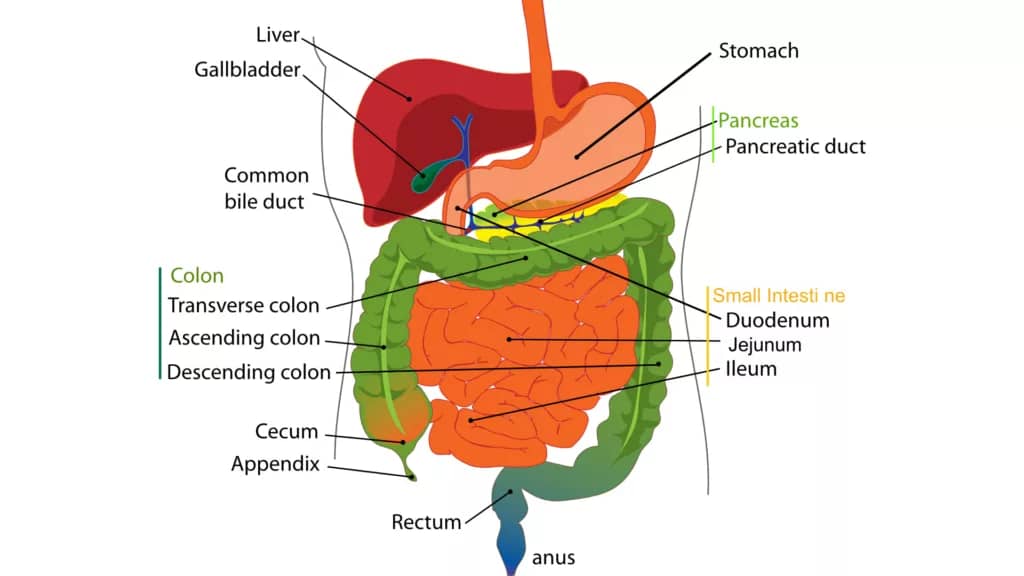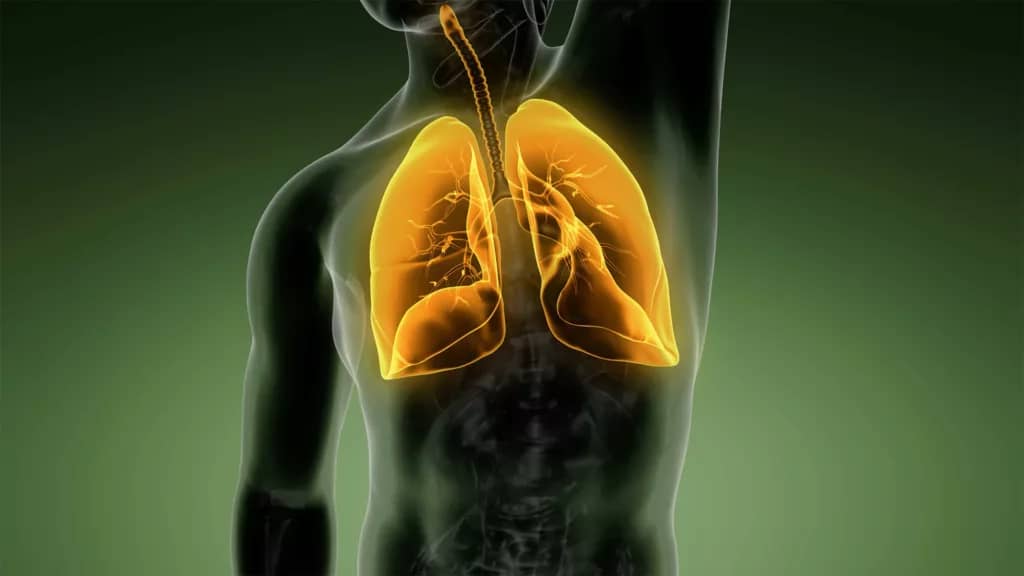TCM Internal Medicine – a Holistic Energetic Medicine
Traditional Chinese Medicine (TCM) Internal Medicine, which can also be understood as Holistic Energetic Medicine (HEM), is a comprehensive healing system rooted in Traditional Chinese Medicine that focuses on the prevention, diagnosis, and treatment of internal diseases and disorders. HEM emphasizes a holistic understanding of the human body, mind, and spirit, as well as the concept of vital energy, or Qi, which flows through channels known as meridians.
By identifying and addressing imbalances within the body’s energetic system, TCM Internal Medicine or HEM seeks to restore harmony and promote the body’s natural self-healing capabilities. This approach utilizes a variety of therapeutic methods, including:
- Herbal medicine: The use of plant and animal-derived substances to treat various conditions, formulated as decoctions, powders, pills, or tinctures.
- Acupuncture: The insertion of thin needles at specific points on the body to stimulate the flow of Qi and restore balance.
- Moxibustion: The burning of dried mugwort (Artemisia vulgaris) near the skin to stimulate acupoints and promote the flow of Qi.
- Tui Na massage: A type of therapeutic massage that incorporates acupressure techniques to stimulate the body’s energy channels and promote healing.
- Cupping therapy: The use of suction cups on the skin to increase blood flow and stimulate the flow of Qi.
- Qigong and Tai Chi: Gentle, meditative exercises that promote relaxation, balance, and the circulation of Qi.
TCM Internal Medicine practitioners diagnose and treat patients by evaluating their physical constitution, signs and symptoms, as well as other factors such as emotional and environmental influences. Treatment plans are customized to address the individual’s unique needs and restore harmony within the body. Clinically, TCM Internal Medicine has been used to help with a wide range of issues, including but not limited to:
- Respiratory disorders: Asthma, bronchitis, sinusitis, common cold, and allergies.
- Digestive disorders: Gastritis, irritable bowel syndrome, constipation, diarrhea, and acid reflux.
- Cardiovascular issues: Hypertension, poor circulation, and palpitations.
- Immune system disorders: Chronic fatigue, autoimmune diseases, and weakened immunity.
- Endocrine and metabolic disorders: Diabetes, thyroid disorders, and obesity.
- Neurological disorders: Headaches, migraines, insomnia, and dizziness.
- Emotional and mental health: Anxiety, depression, and stress.
- Pain management: Arthritis, fibromyalgia, back pain, and joint pain.
- Women’s health: Menstrual disorders, menopause symptoms, fertility issues, and pregnancy-related conditions.
- Men’s health: Prostate issues, erectile dysfunction, and infertility.
- Skin conditions: Eczema, psoriasis, acne, and hives.
While TCM Internal Medicine has been shown to be effective in treating various health conditions, it’s important to recognize that individual responses to treatment may differ. TCM practitioners frequently employ a mix of therapeutic techniques, such as herbal medicine, acupuncture, and lifestyle guidance, to customize treatments according to each patient’s unique requirements.
Research on Traditional Chinese Medicine (TCM) Internal Medicine is diverse and encompasses various aspects, such as its therapeutic methods, underlying theories, and clinical effectiveness. While many studies support the benefits of TCM in treating specific health conditions, it is important to note that research quality and methodologies can vary significantly.
Some key points to consider regarding research findings on TCM Internal Medicine include:
- Evidence-based support: Numerous studies have demonstrated the effectiveness of TCM interventions, such as acupuncture and herbal medicine, in treating various health conditions like chronic pain, insomnia, digestive disorders, and others. However, more high-quality, large-scale clinical trials are needed to further substantiate these findings.
- Integration with modern medicine: There is a growing interest in integrating TCM with conventional medical practices to provide a more comprehensive approach to healthcare. Research has shown that combining TCM and Western medicine can improve treatment outcomes for certain conditions, such as cancer, where TCM may help alleviate side effects from chemotherapy and radiation.
- Mechanisms of action: Researchers are investigating the underlying mechanisms that explain TCM’s effectiveness. For example, studies on acupuncture have identified certain biological responses, such as the release of endorphins and activation of the immune system, which may help explain its pain-relieving effects.
- Safety and quality control: Research on the safety of TCM practices and the quality control of herbal medicines is crucial, as concerns have been raised about potential side effects, herb-drug interactions, and contamination. This highlights the importance of consulting qualified TCM practitioners and using reputable sources for herbal medicines.
While there is a growing body of research supporting the effectiveness of TCM Internal Medicine for various health conditions, more high-quality studies are needed to further validate its benefits and to better understand the underlying mechanisms. Alternatively, future science will play a crucial role in conducting additional rigorous research to further validate its benefits and deepen our understanding of the underlying mechanisms.
TCM Internal Medicine should be seen as a complementary approach that can be integrated with modern medical practices to optimize overall health and well-being. It’s a good idea to discuss TCM Internal Medicine with your family physician before beginning any treatments. This will allow you to integrate it safely and effectively with your existing healthcare plan, taking into account any current medical conditions or treatments you may be undergoing.





